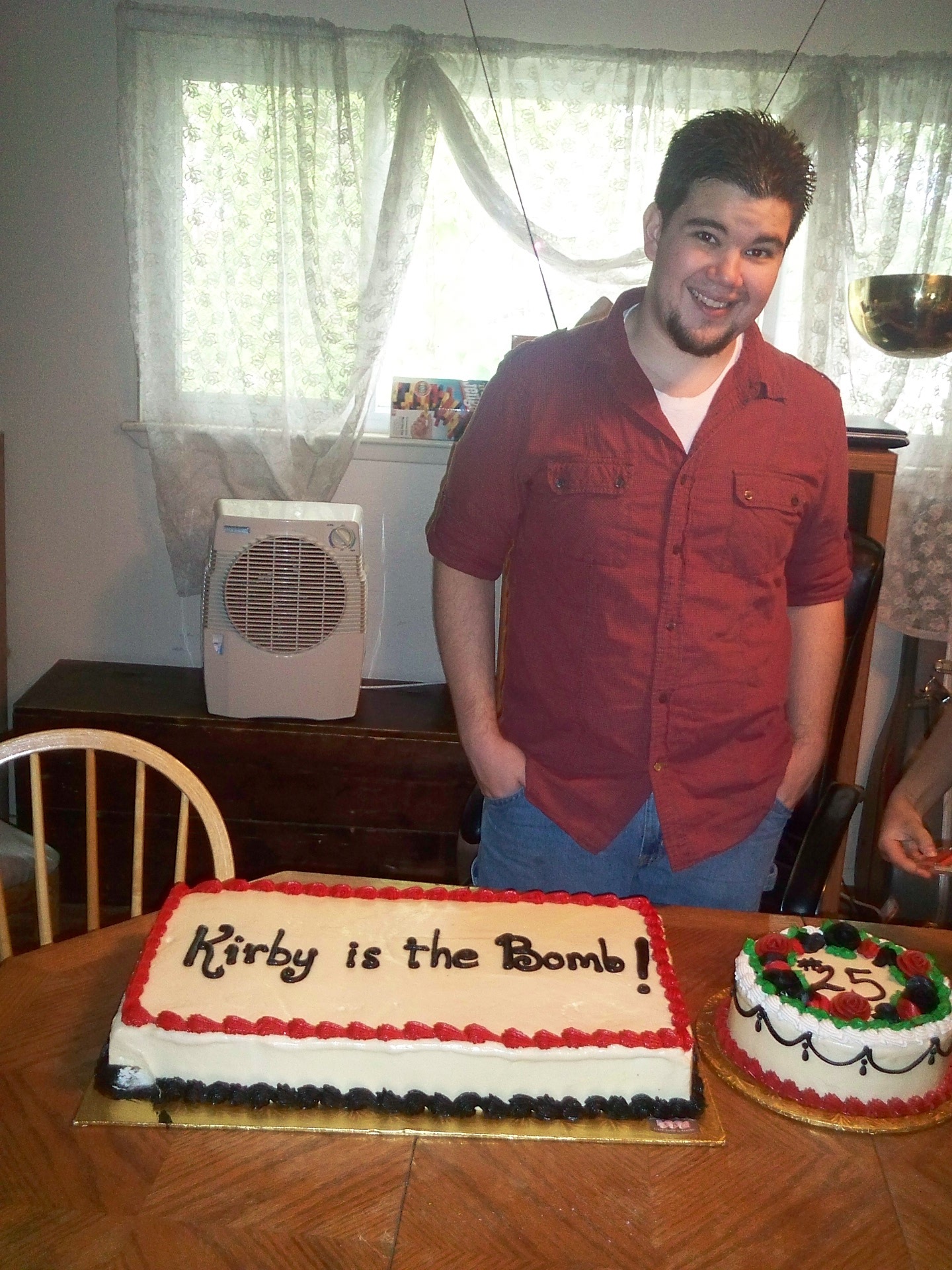What's your favorite thing to do? Watch movies? Read a book? Garden? Go to Disneyland? Why don't you just do that all the time and nothing else? I mean — if it is your favorite, then doesn't it give you higher utility than anything else? Why do you ever stop doing it?
The answer is that as you do more and more of something, the marginal utility of doing even more of it, goes down. As its marginal utility goes down, other things start to look better and better.
When you restrict an activity, you keep the person at the point where the marginal utility is really high.
—Pam Sorooshian
photo by Sandra Dodd






